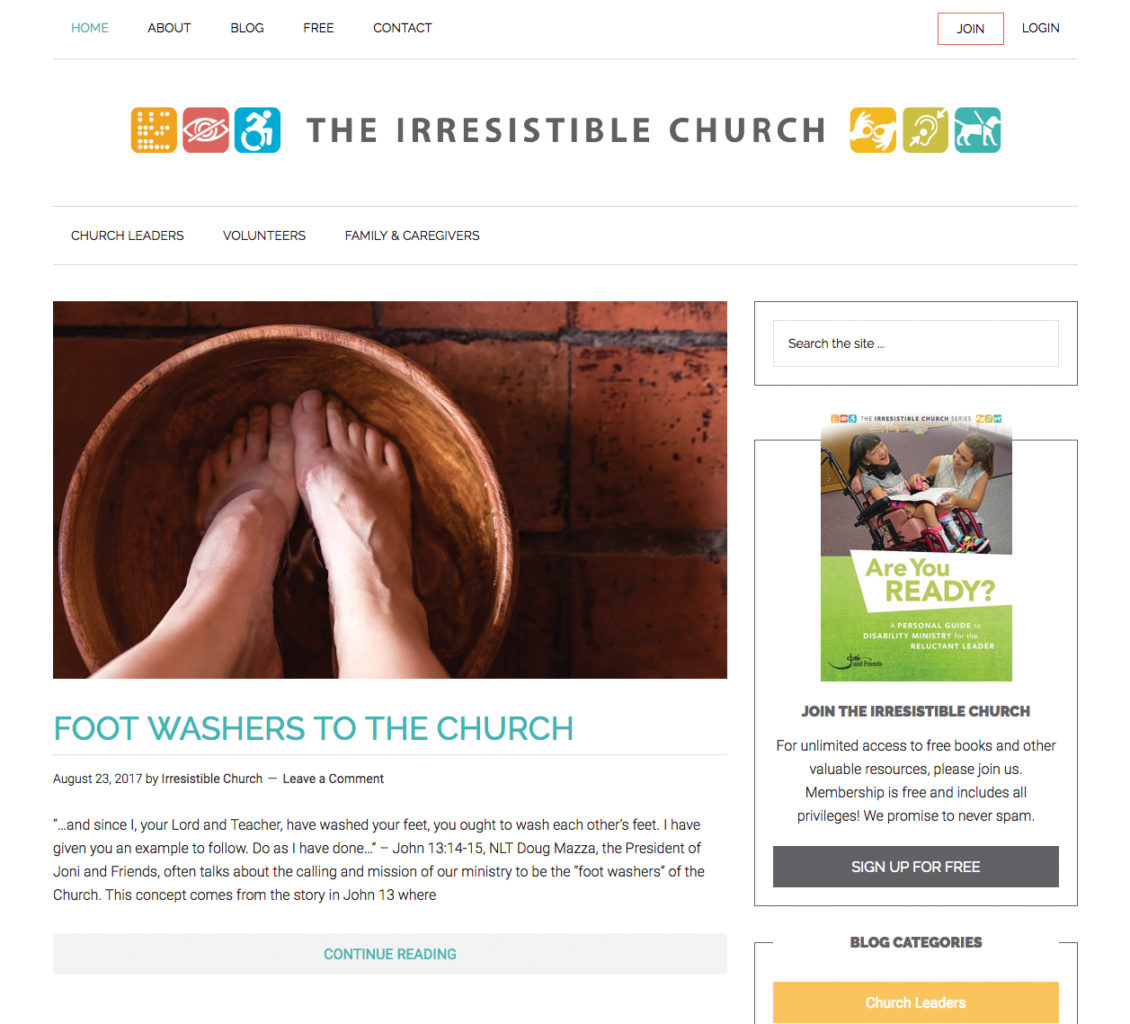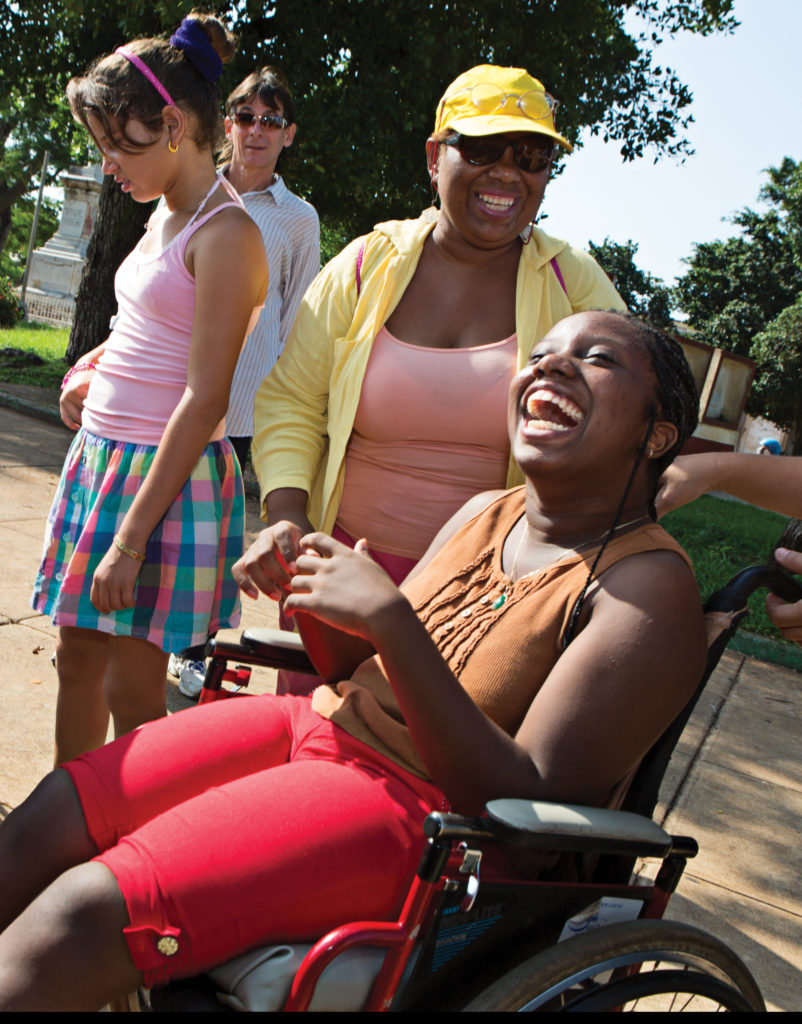[ad_1]
Published: January 15, 2024
Here are tips on creating an attitude of acceptance and practical ways to welcome families impacted by special needs.
My family recently moved to Minnesota, and we’re looking for a new church home. I have two children with disabilities, and, unfortunately, not all churches welcome families like mine with open arms. I wish this weren’t the case when talking about church, but our family’s experience isn’t unusual. Some might think an established disability ministry is what makes a church “disability friendly,” but it’s not. It’s the disability attitudes and acceptance that matters. Here are some ways to create an accepting environment for families impacted by disability.
Creating an Attitude of Acceptance of Special Needs
1. Act welcoming.
This goes beyond shaking hands or saying hello. Some children with sensory issues might seem loud or disruptive during a service. Let the family know their presence is more important than having a perfect service. Reach out and take the initiative to connect with the family. Offer to take a meal or visit with them outside of the church. Meet with the family and find ways you can help them and their child have a meaningful time at church.
2. Remain accessible.
In 1990, when the Americans with Disabilities Act (ADA) passed, churches fought to be exempt from having to comply and become handicap accessible. I have a daughter with cerebral palsy and many friends who have physical disabilities, so I’ve seen firsthand that when someone can’t physically access a building, the church isn’t even an option for the family. Consider ways to include ramps, access to all areas of the building, and accessible restrooms.

3. Train your volunteers on special needs.
Welcoming children with disabilities into your children’s and youth programs will require a commitment to the family. Oftentimes volunteers who’ve never had experience working with people with disabilities might feel hesitant or not equipped to help. Call your local disability organizations and ask them to do a training or consultation, or contact Joni and Friends for more information and resources. Learning techniques to help children with disabilities will strengthen your church programs and help your volunteers and leaders feel better equipped to serve families.
Joni and Friends provides resources relating to disability to church leaders—all for free. They listened to what church leaders need and used what they learned to create their resources. Free membership provides access to book appendices, training videos, early notification of new books, and the ability to comment and interact with blog posts and writers.
Practical Ways to Welcome Families Impacted By Special Needs
If being welcoming is essential to showing acceptance, how can we take steps to do so?
1. Set up a time to meet with the family.
The few minutes after a service isn’t enough time to really get to know the family’s needs. If you meet in the family’s home, the child will probably be the most comfortable, so you’ll get a better sense of the child and family dynamics. If you meet at church, offer to give the family a tour. Show them the rooms and common areas. Ask parents to identify potential issues that could arise. For example, if a child is a “runner,” parents may have concerns about the location of doors. If the child is present during the tour, it allows him or her to interact with the environment without being overwhelmed by other children and people at church.

2. Ask specific questions regarding the special needs.
- What makes your child happy?
- What could potentially make your child upset?
- In case of sensory overload, how can we help your child?
- What can we do to keep your child safe aside from what we currently have in place?
- How can we redirect your child?
- Would your child benefit from a visual schedule?
- How can we best serve your child?
3. Keep open communication.
While not all families are the same, chances are the parents of a child with a disability might want to take a few minutes of extra time at the end of a service or program to touch base and find out how the child is doing. When the church and parents work together, we best serve children.
Ellen Stumbo is the director of Disability Matters, where she encourages every church to embrace disability.
© Group Publishing, Inc. All rights reserved. No unauthorized use or duplication permitted.
[ad_2]
Source link







You must be logged in to post a comment.